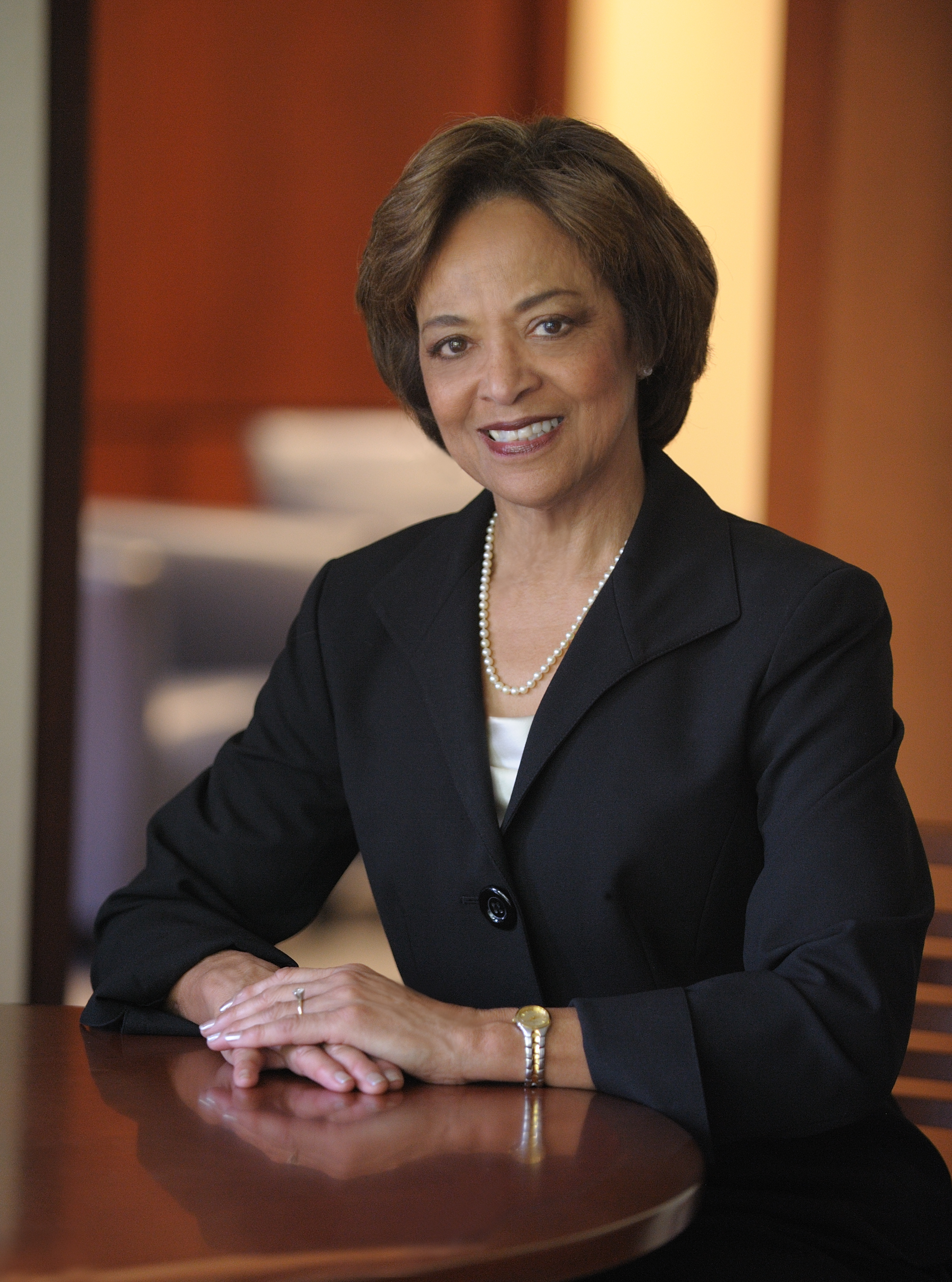Virginia Tech Carilion Research Institute announces public lectures by distinguished world leaders in biomedical and health research

What makes a human brain human? What role does aging play in cancer development? How can robotics help restore quality of life to stroke survivors? What are the latest advances in the genetics of autism? And what role does the public play in biomedical research?
The fourth annual season of public lectures in the Virginia Tech Carilion Research Institute’s Distinguished Scholars Series will bring leading experts in biomedical and health research from across the nation to Roanoke to answer these and other questions.
Yvonne Maddox, deputy director of the Eunice Kennedy Shriver National Institute of Child Health and Human Development, will launch the series on Aug. 15 with a presentation on the critical role that public participation in clinical studies plays in helping researchers translate laboratory discoveries into effective treatments.
The program will continue its momentum with a long list of accomplished scientists. Dr. Ronald DePinho, one of the world’s leading oncologists and cancer researchers, will talk about how cancers affect us as we age. DePinho, president of the University of Texas MD Anderson Cancer Center, will also discuss recent discoveries that have led to better methods of early cancer detection, improved cancer patient care, and new cancer drugs.
Terrence Sejnowski, the Francis Crick Chair at the Salk Institute for Biological Studies in La Jolla, Calif., will discuss what makes a human brain human. Sejnowski, a member of the U.S. National Academy of Sciences, conducts computational analyses of how brains function by storing memories and recalling memories and by making decisions.
Dr. Gary Gibbons, director of the National Heart, Lung, and Blood Institute of the National Institutes of Health, will discuss his vision for a diverse, adaptive, and networked biomedical science enterprise. Gibbons, one of the nation’s premier heart researchers, has advanced our understanding of how heart disease varies between populations.
Other topics in the upcoming series will include the family-wide impacts of such genetic diseases as fragile X syndrome, the use of robotic assistance in rehabilitation for stroke survivors, the translation of genetic mutations into therapeutic targets for cardiac rehabilitation, the Obama administration’s BRAIN Initiative, the use of deep brain stimulation in treating resistant depression, and the mechanisms by which viruses infect the nervous system.
“The Virginia Tech Carilion Research Institute is proud to bring some of the world’s leaders in biomedical research to Roanoke as part of our mission to engage the community in the excitement and promise of scientific research,” said Michael Friedlander, executive director of the institute and host of the lecture series.
“We’re delighted that so many leaders in biomedical and health research have agreed to come to Roanoke to share their discoveries and insights with the entire community. We hope the Virginia Tech community, the Carilion Clinic community, and the larger Roanoke Valley will join us in these wonderful opportunities to learn from the best. We’re also delighted to share with everyone the excitement of the innovations in science, engineering, medicine, and health being made right here in Roanoke.”
The lectures, which are free and open to the public, will take place on Thursdays from 5:30 to 6:30 p.m. at the Virginia Tech Carilion Research Institute at 2 Riverside Circle in Roanoke. A free public reception will precede each lecture at 5 p.m. For a complete schedule, visit the institute’s website.




